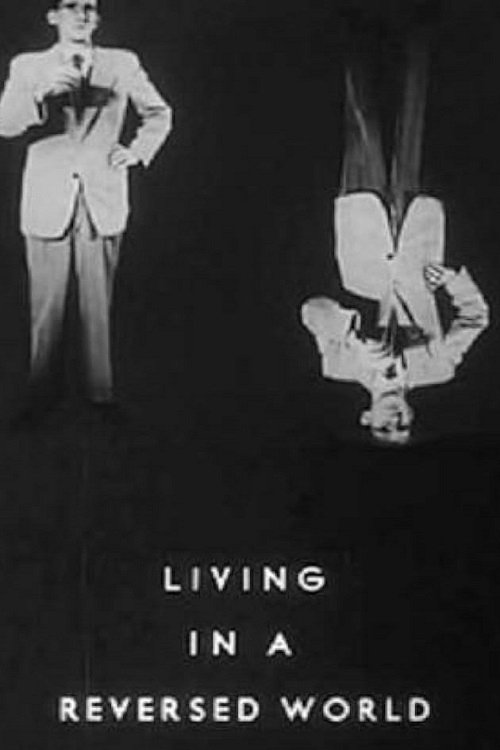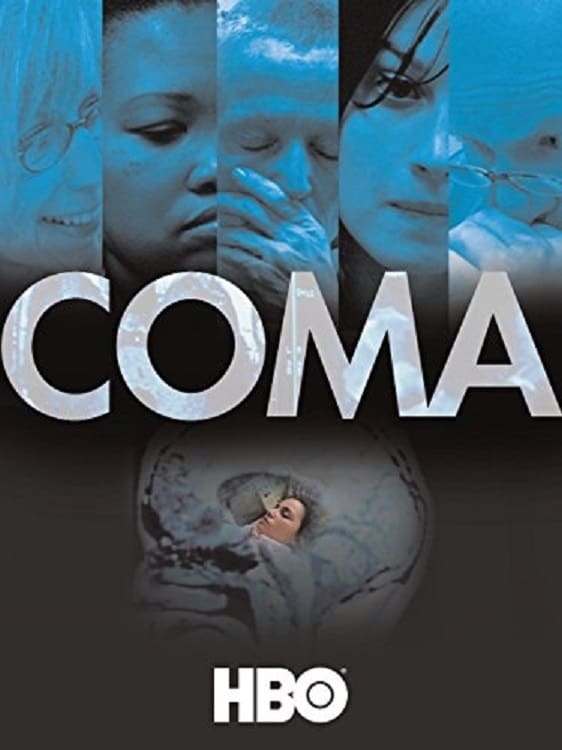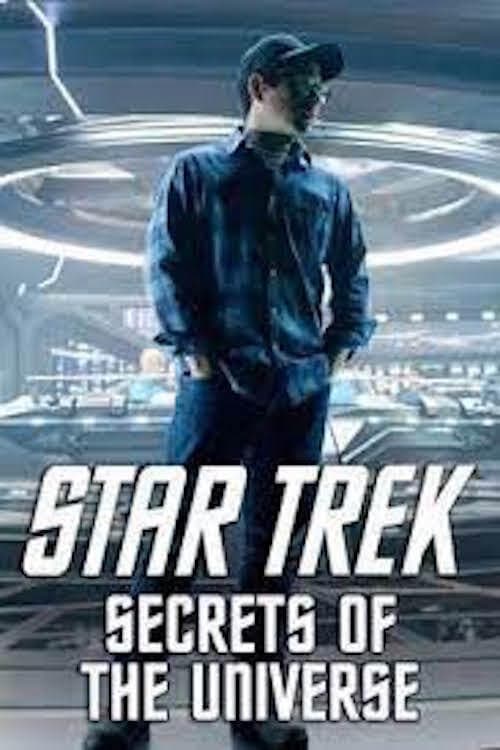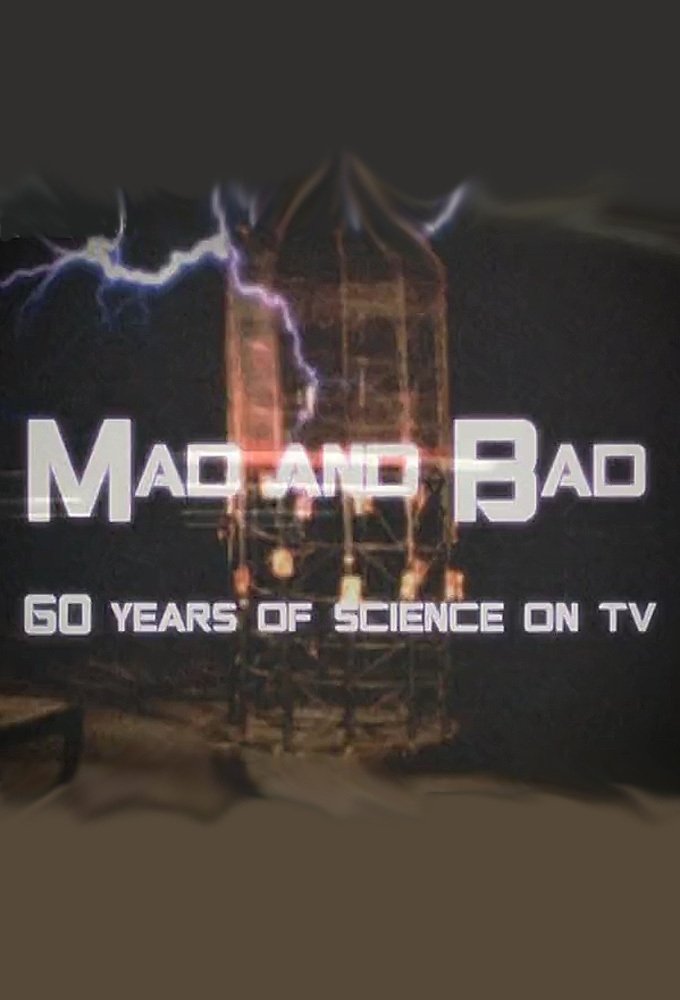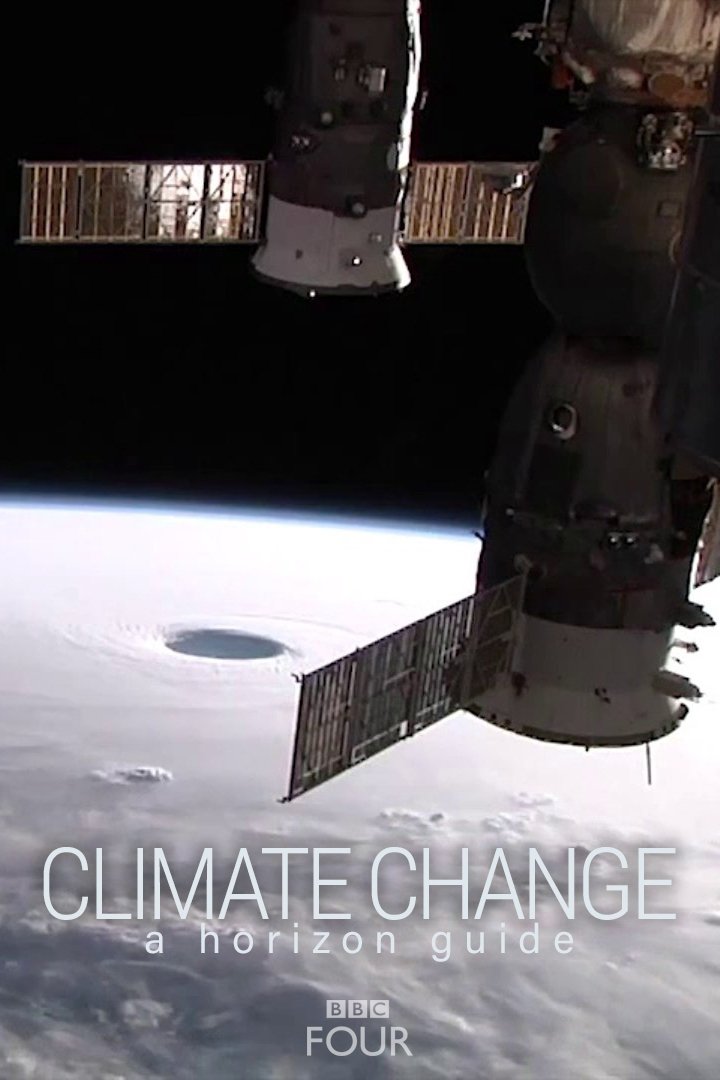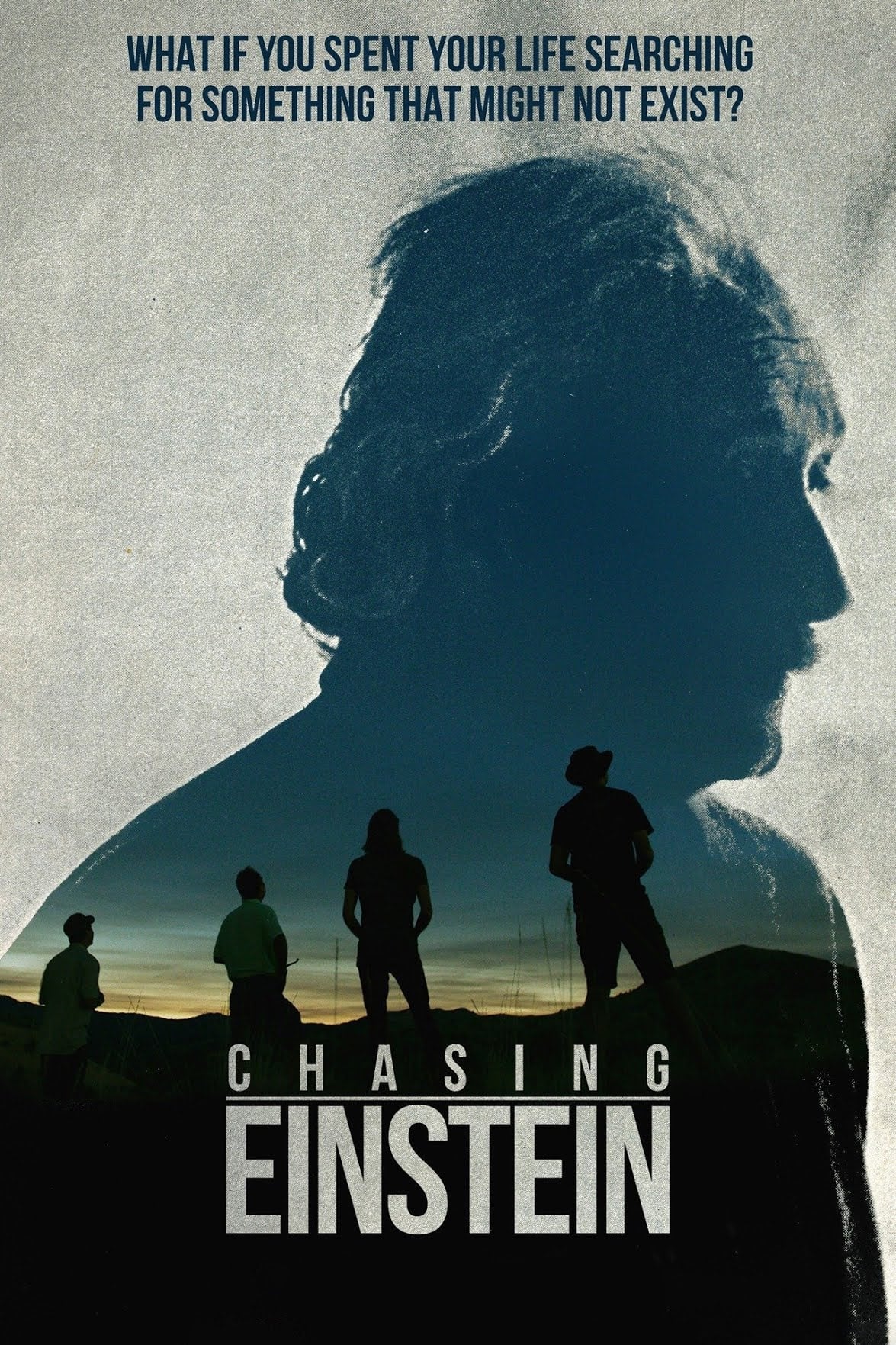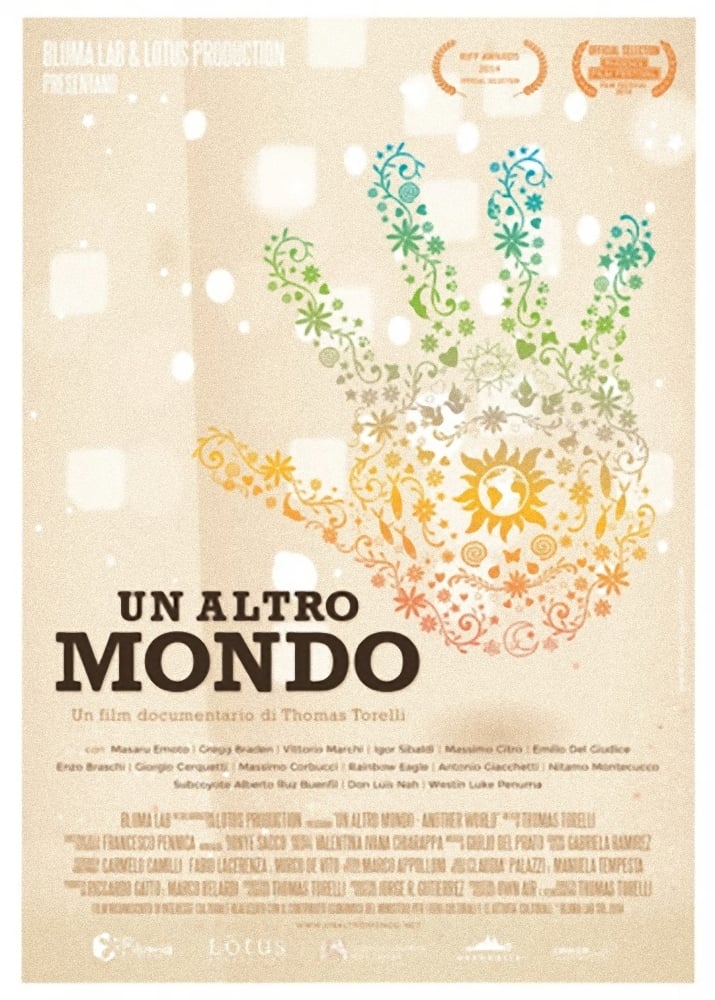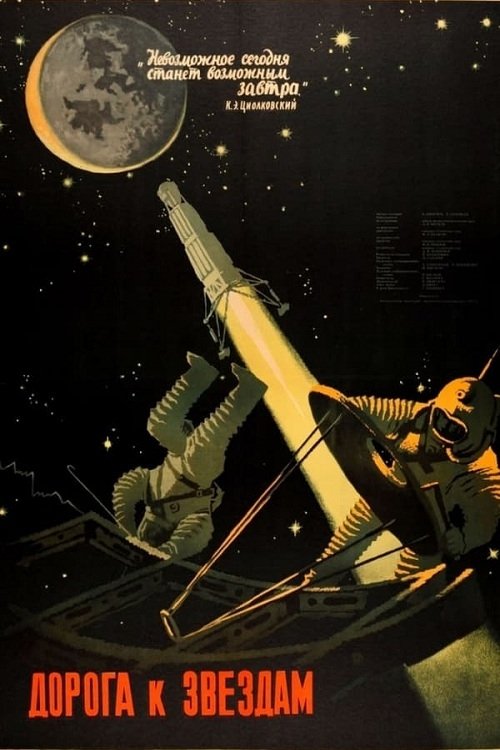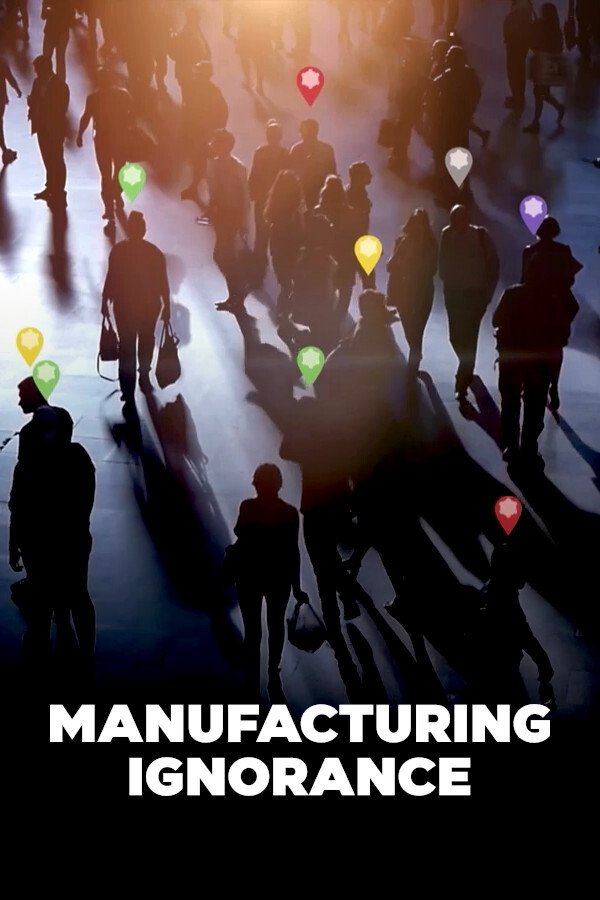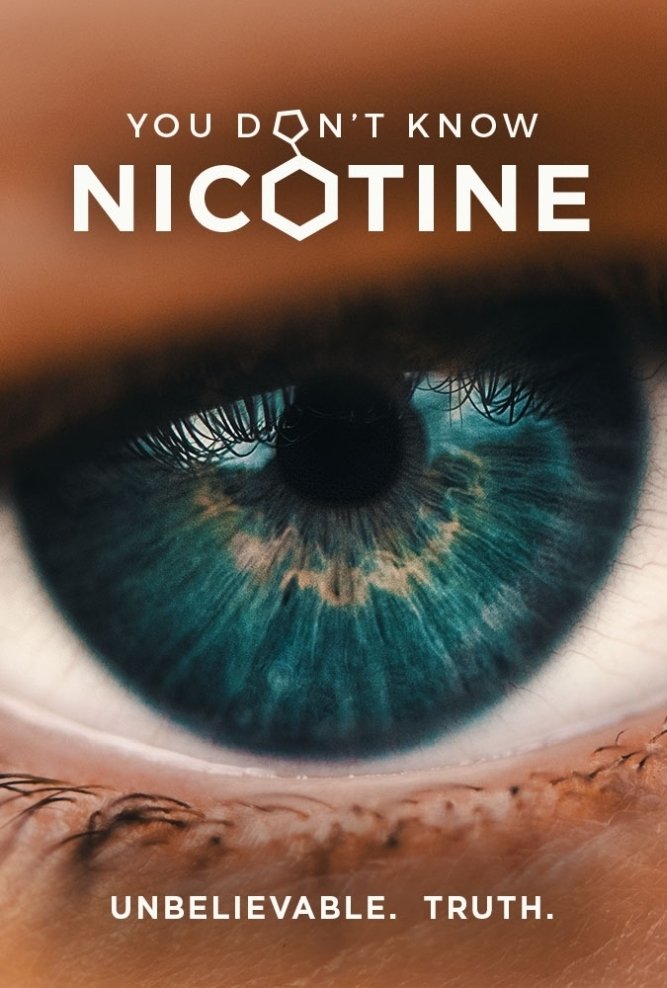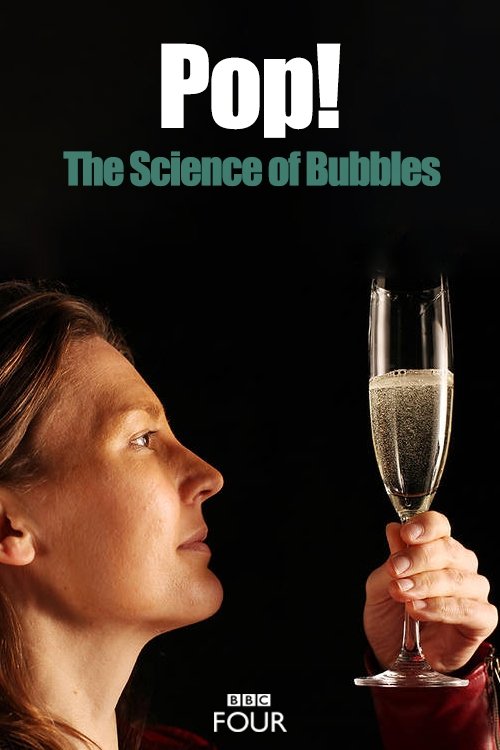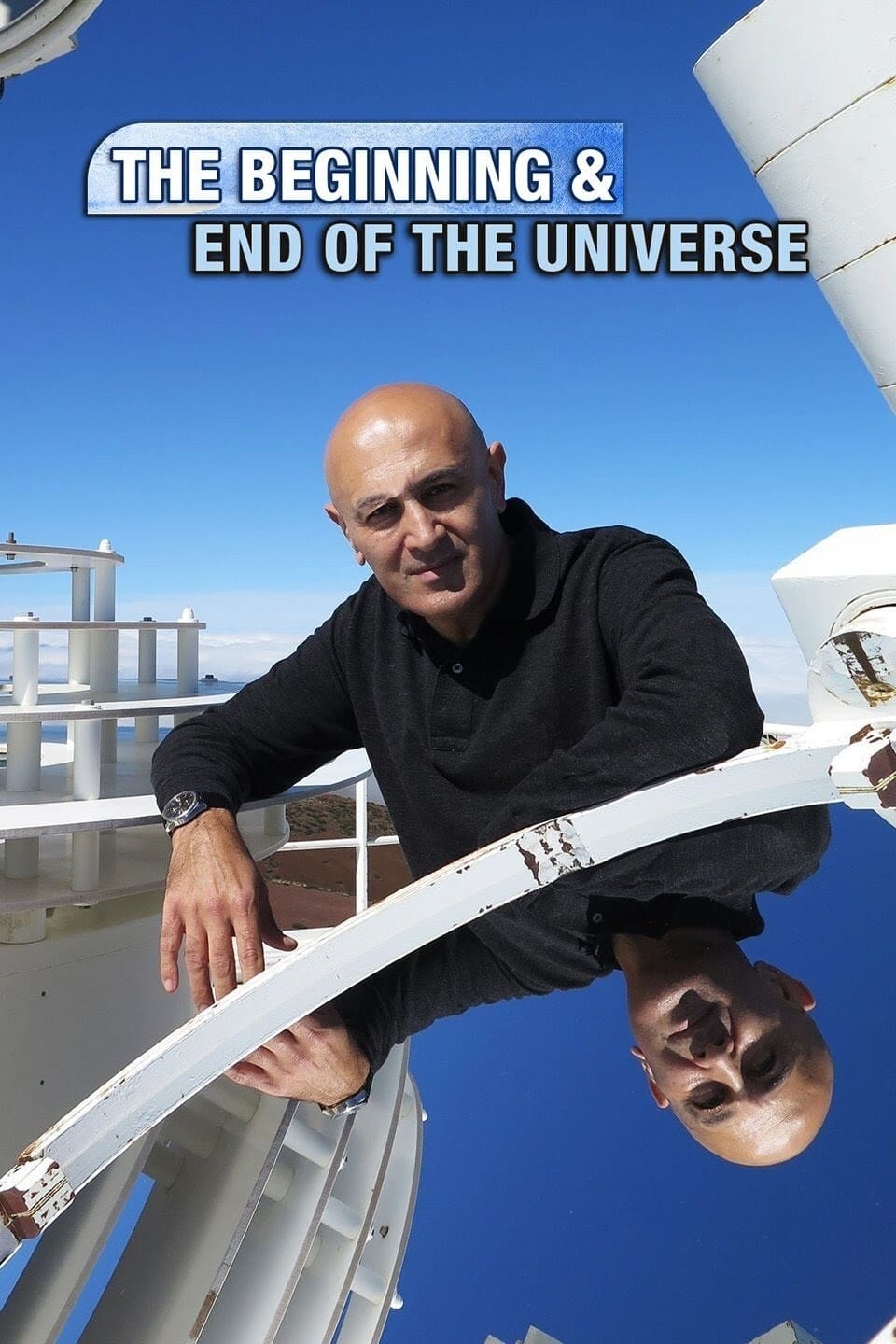SOFIA: Stars and the Space Between (2012)
Overview
The Stratospheric Observatory for Infrared Astronomy—SOFIA—is the only airborne telescope in the world. Infrared imaging of stars and planets is difficult from ground-based observatories because water vapor in Earth's lower atmosphere blocks most infrared radiation. SOFIA operates from a modified Boeing 747, soaring above this vapor to capture infrared emissions from distant galaxies.
Production Companies
Additional Info
| Budget | $0.00 |
|---|---|
| Revenue | $0.00 |
| Original Language | en |
| Popularity | 0.547 |
Directed By
Crew
TOP CAST
Similar Movies
An Inconvenient Truth
A documentary on Al Gore's campaign to make the issue of global warming a recognized problem worldwide.
Living in a Reversed World
Fascinating -- and unintentionally funny -- experiments at Austria's famed Institute for Experimental Psychology involve a subject who for several weeks wears special glasses that reverse right and left and up and down. Unexpectedly, these macabre and somehow surrealist experiments reveal that our perception of these aspects of vision is not of an optical nature and cannot be relied on, while the unfortunate, Kafkaesque subject stubbornly struggles through a morass of continuous failures.
Unstoppable Solar Cycles
Concern over global climate change may be at an all-time high, but climate change is nothing new - the earth's climate always followed natural cycles of warming and cooling. In Unstoppable Solar Cycles, Dr. Willie Soon and Dr. David Legates challenge the popular idea that human-generated CO2, is causing catastrophic global warming. These scientists propose an alterantive theory - that the current warming has more to do with solar activity than with human activity.
Coma
Four young Americans who've each suffered a Traumatic Brain Injury emerge from their comas at a New Jersey medical facility. Their eyes may be open, but now the real challenge for each of the patients, their families, their doctors and their therapists begins. Brain healing isn't predictable, we're told, and certainly is not guaranteed. So with each 'major' step forward that is observed (opening one's eyes, bending a thumb upon command, vocalizing a word, answering a question correctly) comes a sense of jubilant relief and hope from the families of these patients, but as we soon see, the more a patient progresses, the more difficult things can be for all involved. Moments of faith & hope contrast with disappointments & frustrations, moments of confidence with moments of doubt. It's difficult to watch, and unimaginable to have to ever live through.
Star Trek: Secrets of the Universe
Is building our own starship Enterprise possible? Will we ever travel between the stars as easily as they do in Star Trek? JJ Abrams' new feature, Star Trek Into Darkness, hits the screen in a golden age of scientific discoveries. HISTORY is there, giving viewers a deep look behind the scenes, on the set, and into the science–amazing new exoplanets, the physics of Warp drive, and the ideas behind how we might one day live in a Star Trek Universe.
Mad and Bad: 60 Years of Science on TV
From Raymond Baxter live on Tomorrow's World testing a new-fangled bulletproof vest on a nervous inventor to Doctor Who's contemporary spin on the War on Terror, British television and the Great British public have been fascinated with the brave new world offered up by science on TV. Narrated by Robert Webb, this documentary takes a fantastic, incisive and funny voyage through the rich heritage of science TV in the UK, from real science programmes (including The Sky At Night, Horizon, Tomorrow's World, The Ascent of Man) to science-fiction (such as The Quatermass Experiment, Doctor Who, Doomwatch, Blake's 7, The Hitchhiker's Guide to the Galaxy), to find out what it tells us about Britain over the last 60 years.
The Secret Life of the Sun
Kate Humble and Helen Czerski reveal the inner workings of the sun and investigate why scientists think changes in the sun's behaviour may have powerful effects on our climate.
Climate Change: A Horizon Guide
Dr Helen Czerski delves into the Horizon archive to chart the transformation of a little-known theory into one of the greatest scientific undertakings in history.
Chasing Einstein
Follow leading scientists around the world and to the edge of the universe on their quest to solve one of the greatest mysteries of the universe, the mysterious invisible “dark matter.”
Mission to Mir
This film shows how far we have come since the cold-war days of the 50s and 60s. Back then the Russians were our "enemies". And to them the Americans were their "enemies" who couldn't be trusted. Somewhere in all this a young girl in Oklahoma named Shannon set her sights on becoming one of those space explorers, even though she was told "girls can't do that." But she did.
Pyramid
Of the Seven Wonders of the Ancient World, the Pyramid is the only one to survive. Many believe that even with our 21st-century technology, we could not build anything like it today. Based on the most up-to-date research and the latest archaeological discoveries, here is how the Pyramid came to be.
Another World
A feature documentary about the journey of mankind to discover our true force and who we truly are. It is a quest through science and consciousness, individual and planetary, exploring our relationships with ourselves, the world around us and the universe as a whole.
Road to the Stars
This film consists of three parts. The first dramatizes the life of the founder of Soviet astronautics, Konstantin Tsiolkovsky; the second describes the development of rocket technology; and the third visualizes the future with enactments of the first manned spaceflight, spacewalk, space station construction and humans on the moon.
Manufacturing Ignorance
Tobacco, climate change, pesticides,... Never has scientific knowledge seemed so vast, detailed and shared. And yet it appears to be increasingly challenged. It is no longer surprising to see private corporations put strategies in place to confuse the public debate and paralyze political decision-making. Overwhelmed by excess of information, how can we, as citizens, sort out fact from fiction? One by one, this film dismantles the workings of this clever manoeuvre that aims to turn science against itself. Thanks to declassified archives, graphic animations and testimonies from experts, lobbyists and politicians, this investigation plunges us into the science of doubt. Along with a team of experts (philosophers, economists, cognitive scientists, political men, or even agnotologists), we explore concrete examples of doubt making and try to understand the whole process and the issues behind it.
You Don't Know Nicotine
Amidst radical changes in nicotine use globally, one filmmaker's journey through the confusion & fear leads to a startling discovery about Earth's most hated stimulant. Society may be changed forever.
The Scorpion's Tale
The Scorpions belong to the oldest land-based arachnides with over 1800 different species known to exist. Usually, they do not surpass the size of 10cm in length, but exceptions are know, such as the Emperor Scorpion (Pandinus imperator) which can grow up to become over 20cm in size. Scorpions are mostly active at night and hide away during the day. Take a look into the live of these amazing creatures!
Pop! The Science of Bubbles
Physicist Dr Helen Czerski takes us on a journey into the science of bubbles - not just fun toys, but also powerful tools that push back the boundaries of science.
Ten Ways The World Will End
There are endless gruesome ways that the world could end; through nasty, natural disasters or because of some man-made abomination. From maniac killer robots and super volcanoes, to an alien invasion and mutant psycho humans, all options are covered in Ten Ways the World Will End.
The Beginning and End of the Universe
Prof. Jim Al-Khalili tackles the biggest subject of all, the universe. Through a series of critical observations and experiments that revolutionised our understanding of our world Jim guides us through the greatest cosmic detective story of all. He takes us from the beginning of the universe to the end time and answers the question: where did the universe come from and how will it end?
The Pleasure of Finding Things Out
Richard Feynman was a scientific genius with - in his words - a "limited intelligence". This dichotomy is just one of the characteristics that made him a fascinating subject. The Pleasure of Finding Things Out exposes us to many more of these intriguing attributes by featuring an extensive conversation with the acclaimed Nobel Prize winner. During the course of the interview, which was conducted in 1981, Feynman uses the undeniable power of the personal to convey otherwise challenging scientific theories. His colorful and lucid stories make abstract concepts tangible, and his warm presence is sure to inspire interest and awe from even the most reluctant student of science. His insights are profound, but his delivery is anything but dry and ostentatious.

